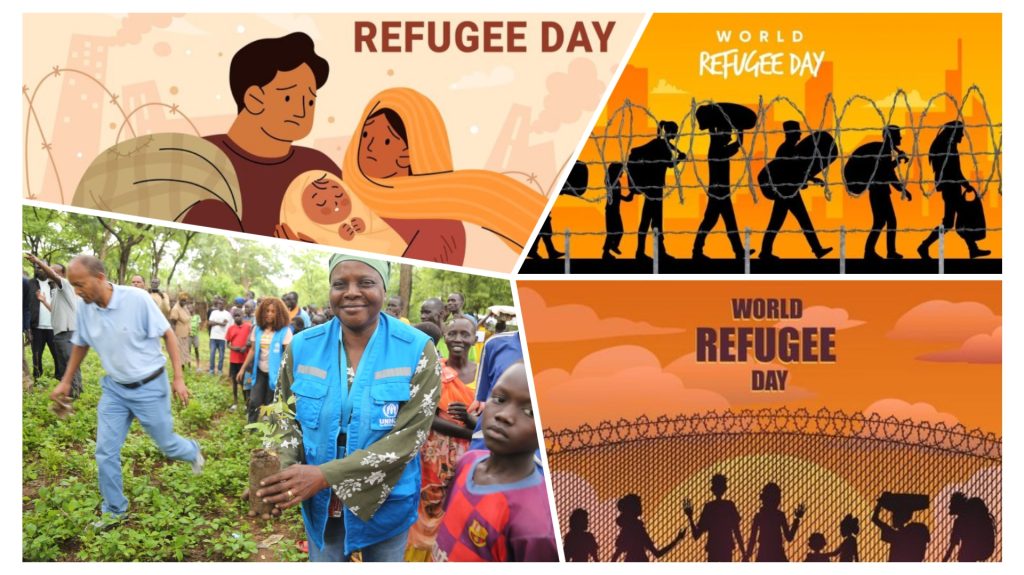
The 1948 Universal Declaration of Human Rights recognises the right of every person to seek asylum in other countries while fleeing from persecution. Such persons will be treated without discrimination to their sex, age, disability, or other grounds of discrimination.
The 1951 Geneva Refugee Convention (based on Article 14 of the Universal Declaration of Human Rights) is globally considered a multilateral treaty meant to define a refugee. It also sets out the rights of individuals who are granted asylum and the responsibilities of nations that grant asylum. Persons considered war criminals do not qualify as refugees.
The rights of refugees defined by the Convention are:
Refugees shall be treated at least like nationals in relation to freedom to practice their religion (Article 4); the respect and protection of artistic rights and industrial property (Article 14); rationing (Article 20); elementary education (Article 22); public relief and assistance (Article 23); labour legislation and social security (Article 24); Refugees shall be treated at least like other non-nationals in relation to movable and immovable property (Article 13); the right of association in unions or other associations (Article 15); wage-earning employment (Article 17); self-employment (Article 18); practice of the liberal professions (Article 19); housing (Article 21); education higher than elementary (Article 22); and the right to free movement and free choice of residence within the country.
An individual may lodge a complaint with the UN Human Rights Committee under the International Covenant on Civil and Political Rights or with the UN Committee on Economic, Social and Cultural Rights under the International Covenant on Economic, Social and Cultural Rights.
In today’s world, the refugee problem is becoming Himalayan proportions especially due to political persecutions. The root cause needs to be tackled. Terrorist and fundamentalist governments, warring nations and feud-creating tribal communities need to be reined in so that they may not act inhumanly. Such countries should face international sanction. But the veto-wielding countries themselves at the UN having their sway are roadblocks to solving refugee problems!